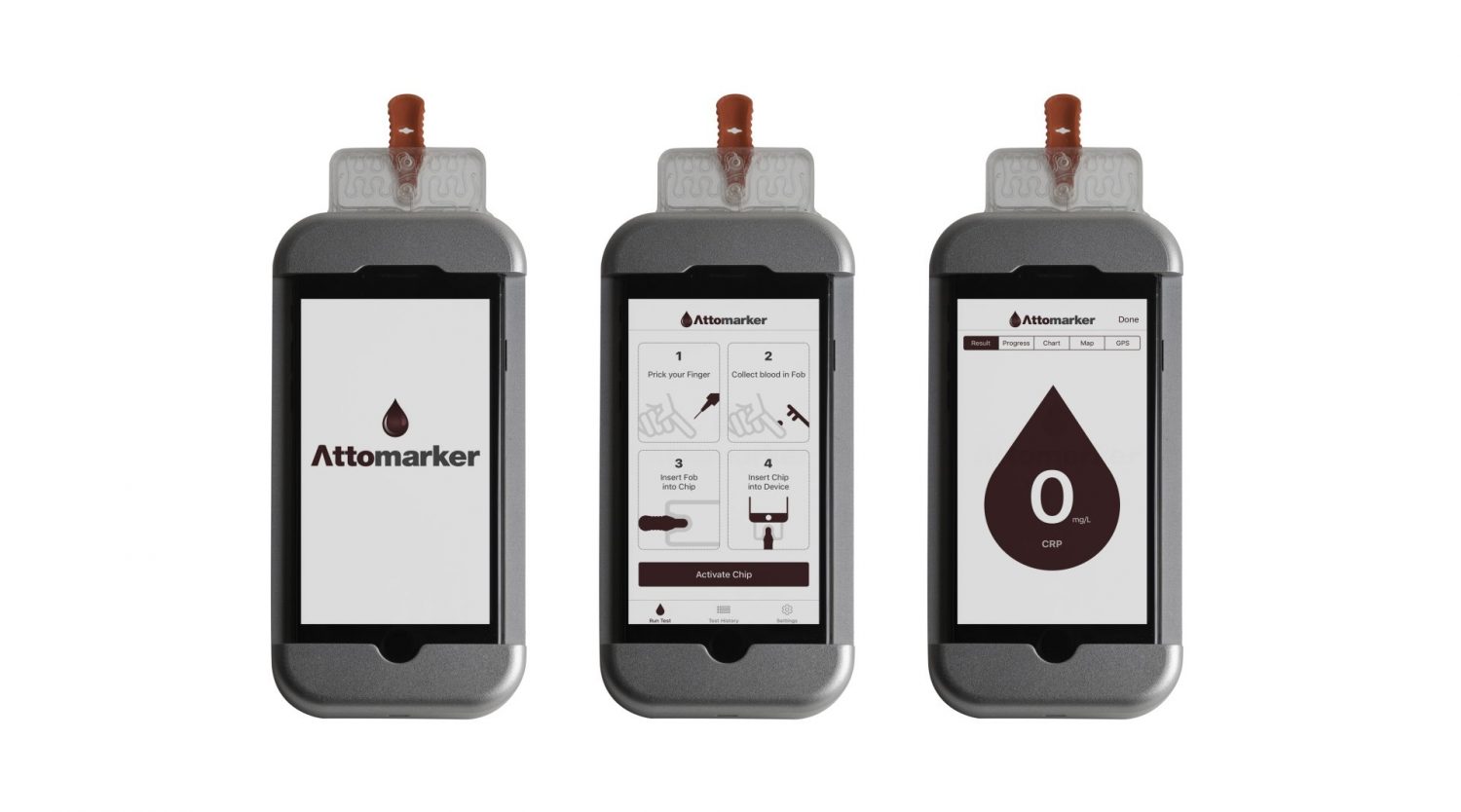SEARCH
Enter your search term below:
Close
Enter your search term below:

WORLD LEADING BUSINESS SUPPORT

The tests are being performed on a portable Attomarker Liscar 4 bench-top instrument, each providing results in just ten minutes. Such fast results would enable hospital staff to be placed under daily surveillance, returning immune staff to the front line and testing self-isolating staff. Professor Andrew Shaw of the University of Exeter is working with Professor Chris Hyde of the University Medical School and Professor Jonathan Edgeworth of the Centre for Clinical Infection and Diagnostics Research at St Thomas’s to carry out these tests.
Testing for COVID-19 currently relies on detecting virus RNA in a swab sample from the patient’s throat or nose. Laboratory analysis tells you if you have the virus where you were swabbed – it does not tell you if you have the virus in your lungs or if you have had the virus and recovered from it. Nor does the swab test tell you if you have immunity to the virus.
Blood tests work by measuring the patient’s immune response and hence the level of antibodies in a sample of blood serum (hence their other name, serological tests). These antibodies are produced as part of the body’s mechanism to fight disease, and give an indication of a disease’s course, and the degree of recovery and subsequent protection from reinfection.
Detection of serological response to COVID-19 would thus be valuable, particularly if the test provided fast results together with a measure of patient immunity. Immune people would be safe to return to work.
In April Attomarker analysed 83 samples of COVID-19 infected blood over two days at St Thomas’s Hospital, London. The results based on this initial first sample provide early support for the validity of the technology as well as early information on the time course of the serological response in hospitalised patients. The team will continue testing to boost the sample size in order to ensure that conclusions are robust.
With a much larger sample size tested by the close of this week, the intention is to complete an academic paper for urgent peer review, and share the conclusions immediately with leaders in Public Health England, the NHS and government.
Get all the fresh insights first! Stay up-to-date with all the
latest investment news, blogs and all things SETsquared.
Close
Close